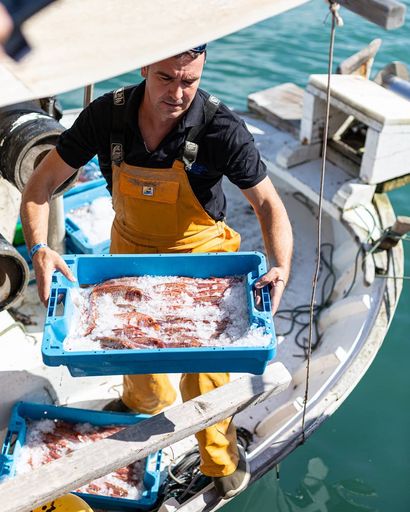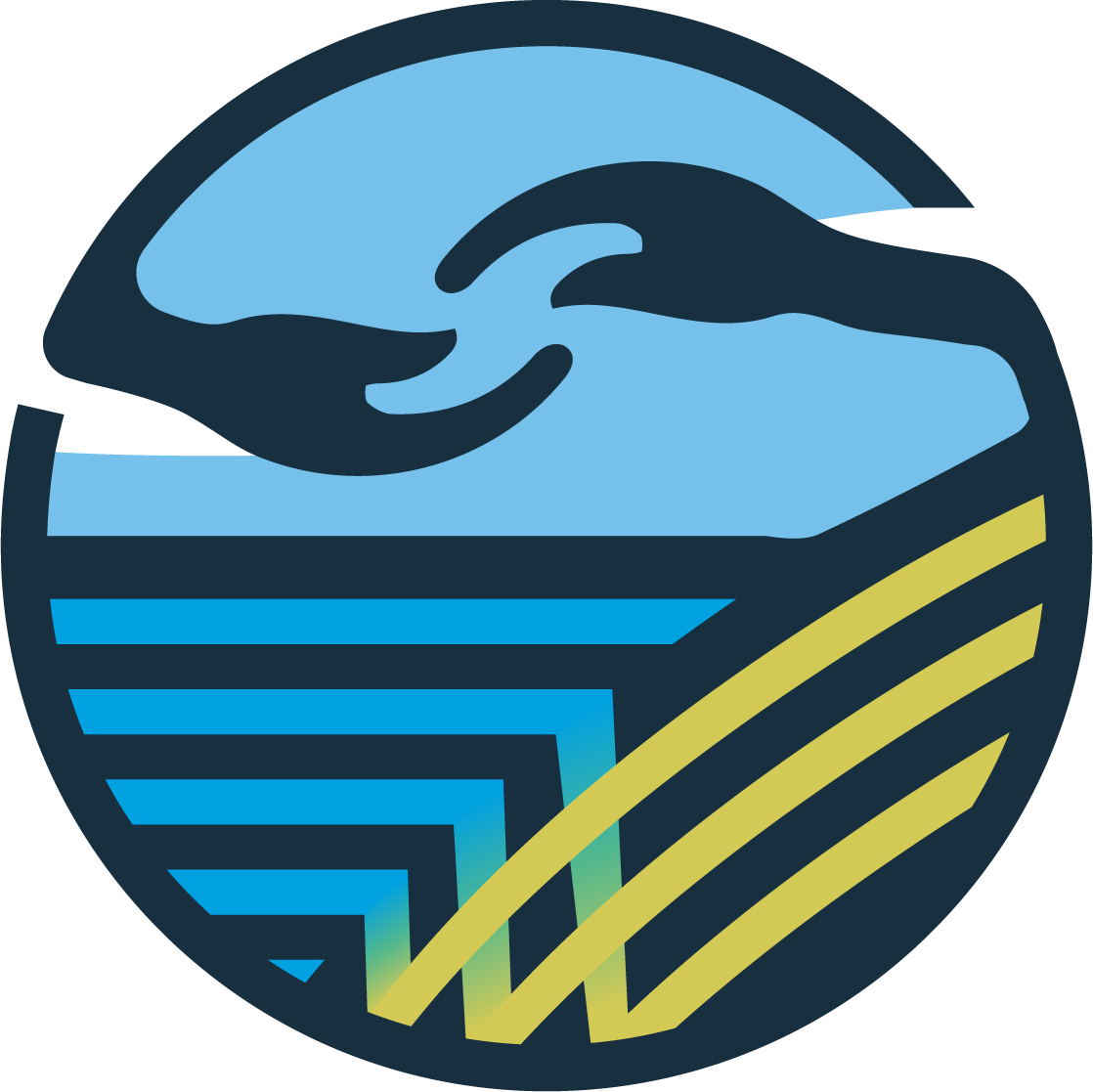La pesca artigianale professionale è l'unico modo per garantire la sostenibilità delle risorse e il futuro del settore.

Francisco Cardona Ramón (noto anche come Xico) è il segretario della Cofradia dei pescatori di Ibiza, nelle Isole Baleari, in Spagna, membro della Comunità di pratica Foodnected. Lavora in una pesca prevalentemente artigianale sull'isola, che rifornisce solo il mercato locale. Abbiamo avuto il grande piacere di intervistarlo e di parlare della sua passione per questa professione, dell'importanza del commercio locale e del ruolo dei consumatori nella sostenibilità.
Considero la pesca artigianale sostenibile dal punto di vista ambientale -. Francisco ci dice - e questo è dimostrato dal buono stato dei fondali. Credo che le misure necessarie per garantire la continuità di questa sostenibilità siano abbastanza minime: diversificazione, controllo delle ore di pesca, miglioramento della classificazione delle specie e sviluppo continuo delle riserve marine".
La costituzione e l'istituzione di riserve marine ha dato un enorme impulso alla protezione delle specie che Francisco e altri pescatori catturano. Grazie all'autoregolamentazione imposta dagli stessi pescatori (come la limitazione del numero e dei tipi di attrezzi da pesca utilizzati), in queste aree si è ridotta la pressione sugli ambienti marini e lo sforzo di pesca, consentendo così la riproduzione dei pesci, garantendo la sostenibilità di queste specie e la conservazione dell'ambiente.
Francisco continua a sottolineare l'importanza dell'impegno dei consumatori per garantire la continuità delle attività di pesca su piccola scala a basso impatto.
I consumatori e il loro impegno per la sostenibilità della comunità locale sono la pietra angolare e il fattore più importante per garantire sistemi alimentari equi e sostenibili. Affinché una comunità locale funzioni, è necessario garantire che l'agricoltura, la pesca e il commercio locali siano vivi e resistenti, che ci sia un'economia circolare e che anche il consumatore si impegni".
Poiché tutti noi mangiamo, condividiamo la responsabilità della transizione verso la sostenibilità: agricoltori, pescatori, trasformatori, politici e consumatori possono influenzare il sistema alimentare attraverso le loro decisioni. Acquistando a livello locale, le persone possono alimentare le imprese nelle loro comunità, che utilizzano le risorse locali in modo sostenibile, assumono lavoratori locali con salari dignitosi e restituiscono alla comunità. Ciò significa che la comunità è più autosufficiente e meno dipendente dalle importazioni, consentendole di riprendere il controllo delle proprie risorse.
L'investimento e l'impegno nel piccolo commercio locale è sempre vantaggioso per le persone, perché sostiene lo sviluppo della comunità locale stessa. La globalizzazione va benissimo, ma non dobbiamo mai dimenticare che di fronte a una calamità naturale, sia essa una guerra o una pandemia come quella che stiamo vivendo, l'unico sistema che garantirà il nostro approvvigionamento alimentare sarà il settore primario e il commercio locale. Se permettiamo che il tessuto commerciale locale scompaia, le conseguenze in tempi di crisi potrebbero essere fatali".
Nonostante le sfide che sta affrontando, Francisco è fiducioso sul futuro del settore della pesca artigianale.
Attualmente ci troviamo di fronte al problema della mancanza di rinnovamento generazionale. I giovani non sono più interessati a fare i pescatori, e questo è in parte dovuto al fatto che non è una professione molto redditizia. Ma credo che dopo anni di declino del settore, di aggiustamenti, di restrizioni e di perdita di identità, tra qualche anno si troverà un punto di equilibrio in cui il nostro lavoro e il suo contributo essenziale alla società saranno maggiormente valorizzati. La società e fattori come una migliore redditività economica e una maggiore attrattiva della professione (legata al lavoro all'aria aperta, a contatto con la natura, con orari flessibili, ecc. Ciò consentirà al settore di crescere nuovamente, ma questa volta in modo più organizzato e sostenibile".
Francisco e altri pescatori della regione delle Baleari stanno lavorando attivamente a soluzioni per entrare in contatto con i consumatori. Ora fanno parte di Foodnected e dal 2008 stanno anche sviluppando quello che Francisco chiama "il loro progetto di punta", il loro marchio di qualità per le specie economicamente più preziose: il pesce di mare. Peix Nostrum etichetta. Il marchio Peix Nostrum garantisce che il pesce è stato pescato da un peschereccio della flotta professionale dell'isola di Ibiza, senza che siano trascorse più di quattro ore tra il momento della cattura e quello dell'arrivo al mercato. Garantisce inoltre che è stato manipolato, refrigerato e conservato correttamente, con il massimo livello di igiene.
Oltre ad aiutare il consumatore a differenziare il prodotto, l'obiettivo dell'etichetta è quello di ottenere una migliore redditività per il pescatore attraverso una maggiore domanda di prodotto locale e un aumento del prezzo del prodotto".
Accorciare la distanza tra consumatori e produttori: questo è esattamente ciò che intende fare il progetto Foodnected. La Comunità di pratica Foodnected faciliterà l'emergere di sistemi alimentari a filiera corta che funzionano per la natura e per le persone, sia per i consumatori che per i piccoli produttori che dipendono da loro per il loro sostentamento.
